Depression - A Leading Cause Of Ill Health And Disability
Mar 26, 2019 • 60 views
Depression
A mental health disorder characterised by persistently depressed mood or loss of interest in activities, causing significant impairment in daily life.

capturing the sound of depression in humans
Depression is the leading cause of Ill health and disability worldwide. Experts to the latest estimates from WHO, more than 300 million people are now living with depression, an increase of more than 18% between 2009 to 2019.
Mental and neurological disorders, diverse in problems and symptoms, thoughts, behaviour, emotions and relationships.
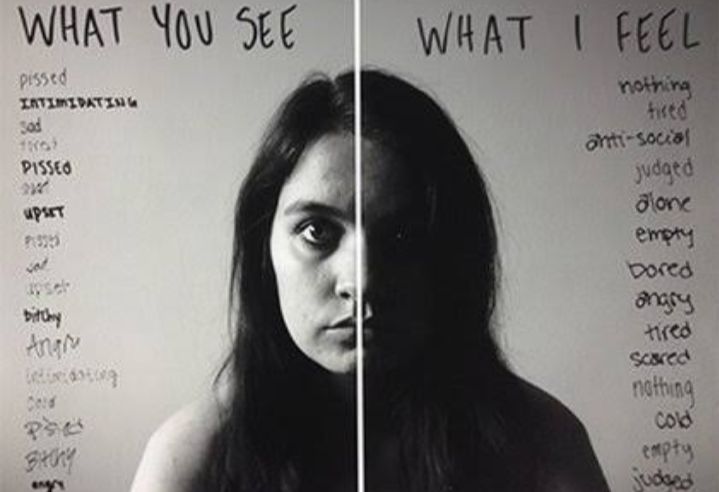
once feeling of depression
Causes-
Changes in neural circuit activity may be a cause.
The causes of depression are not fully understood but are likely to be a complex combination of genetic, biological, environmental, and psychosocial factors.
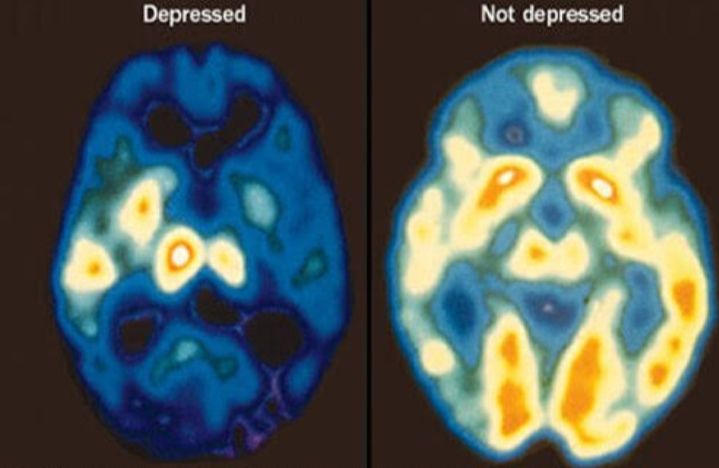
spot depression
Depression Symptoms-
1. Feeling sad or having a depressed mood.
2. Loss of interest or pleasure in activities once enjoyed.
3. Increase in purposeless physical activities or slowed movements and speech.
4. Trouble sleeping or sleeping too much.
5. Loss of energy or increased fatigue.
6. Changes in appetite — weight loss or gain unrelated to dieting.
7. Feeling worthless or guilty.
8. Difficulty In thinking, concentrating or making decisions.
9. Having a loss of interest in daily activities.
10. Thoughts of death or suicide.
Symptoms must last at least two weeks for a diagnosis of depression.
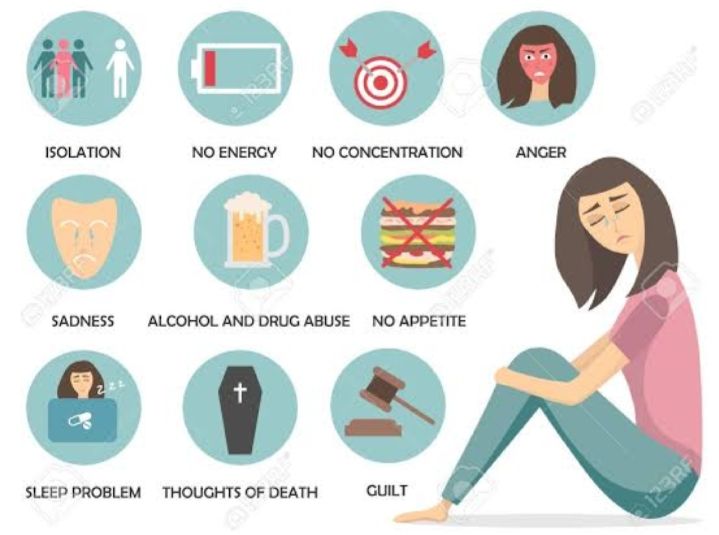
Symptoms of depression
Common in 'Women"
Depression seems to be more common among women than men. About twice as many women as men experience depression.
Here what cause women's depression-
1. Puberty-
- Emerging sexuality and identity issues.
- Mood swings related to fluctuating harmones are normal.
- Increasing pressure to achieve in school, sports and any other activities.
- Conflicts with parents.
The cause is that girls reach puberty before boys, therefore girls are more likely to have depression than boys.
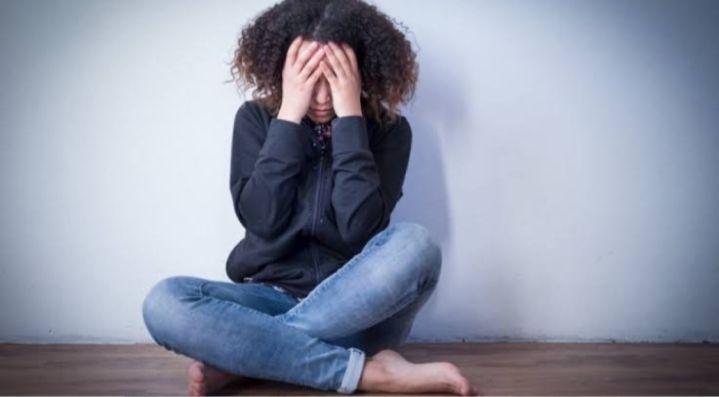
puberty linked to depression in girls
2. Pregnancy-
- Relationship problems
- Previous activities of depression
- Lack of social support
- Miscarriage
- Infertility
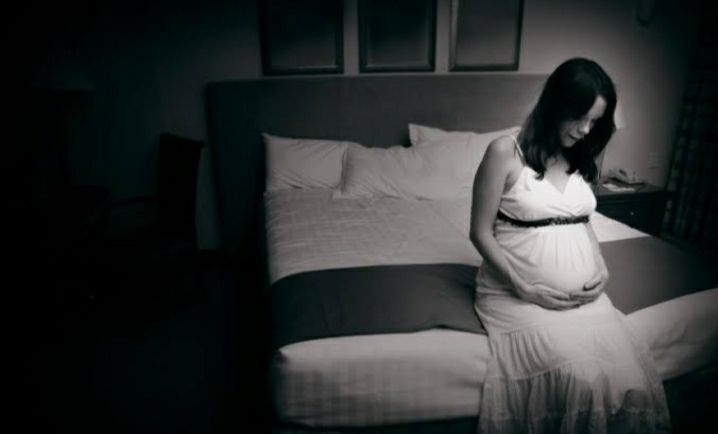
maternal pregnancy
Life Events-
Life events, such as loss, produce mood changes that can usually be distinguished from the features of depression. Continuing difficulties, such as long-term unemployment, living in an abusive or uncaring relationship, long-term isolation or loneliness or extended exposure to stress at work can increase the risk of depression.
Significant adverse life events, such as losing a job, going through a separation or divorce, or being identified with a serious illness, may also trigger depression.
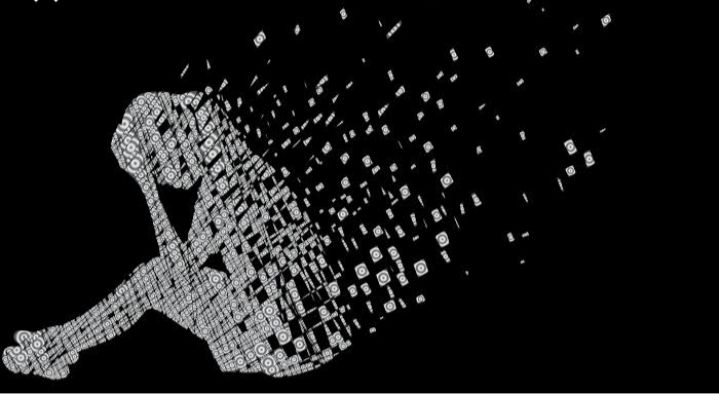
stigma of depression
Other conditions that occur with depression-
1. Anxiety
2. Eating disorder
3. Drugs or alcohol misuse.
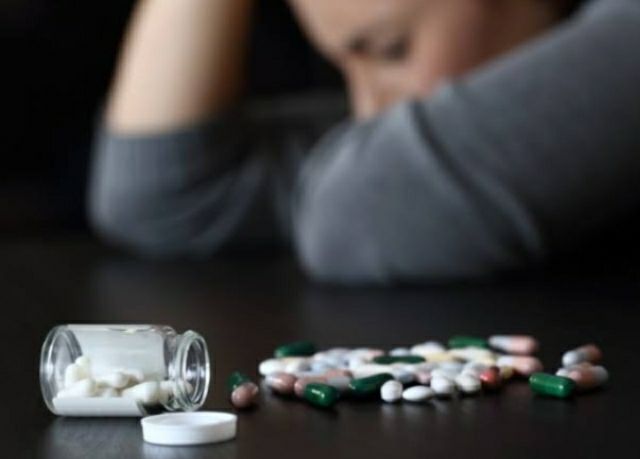
drug addict
From the estimates-
The new estimates have been released in the lead-up to World Health Day on 7 April, the high point in WHO's year long campaign for depression: "let's talk". The overall goal of the campaign is that more people with depression will get help.
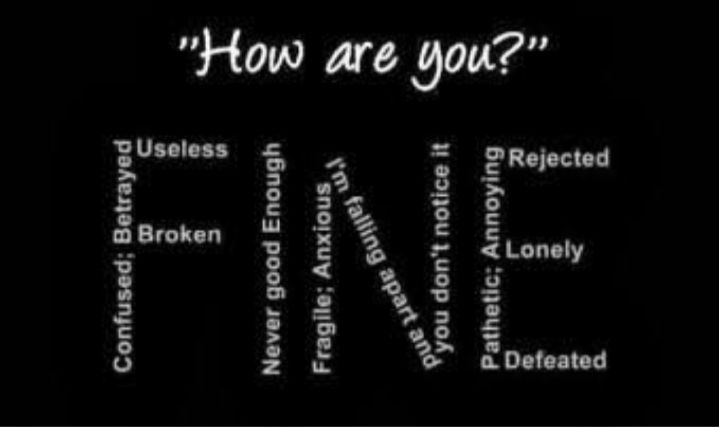
thinking of a depressed person
